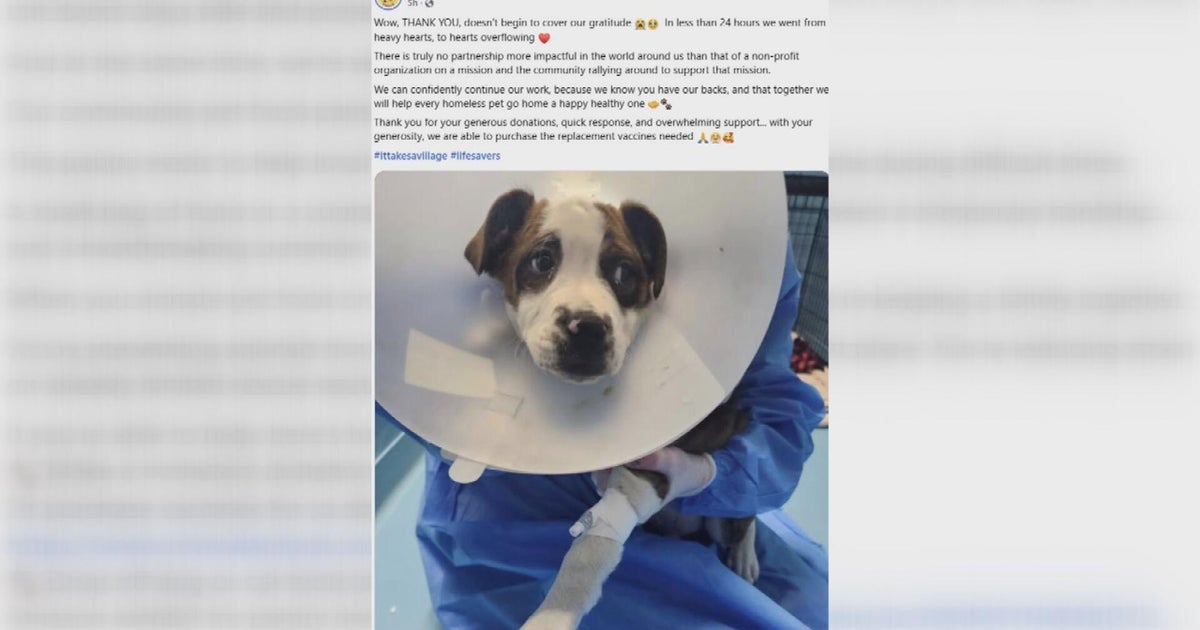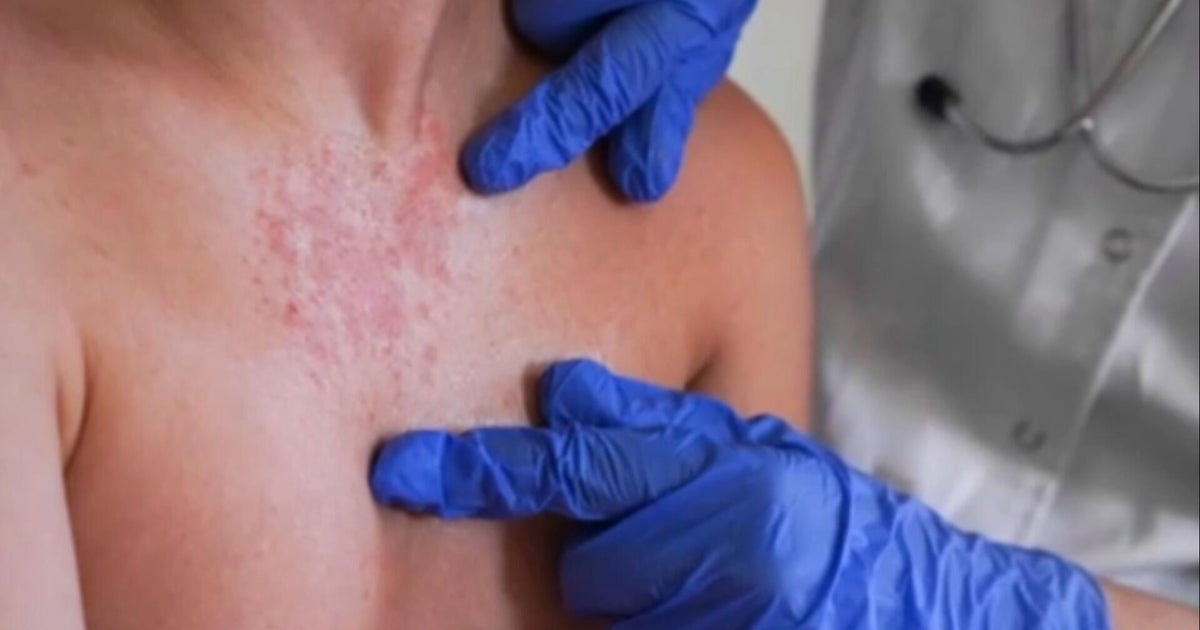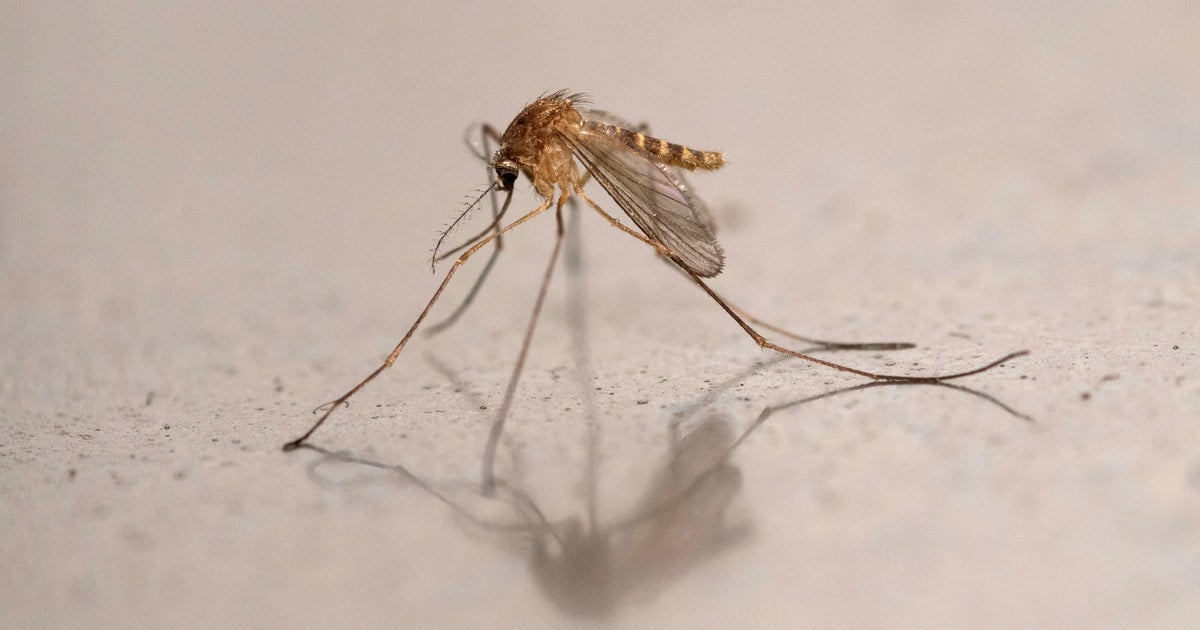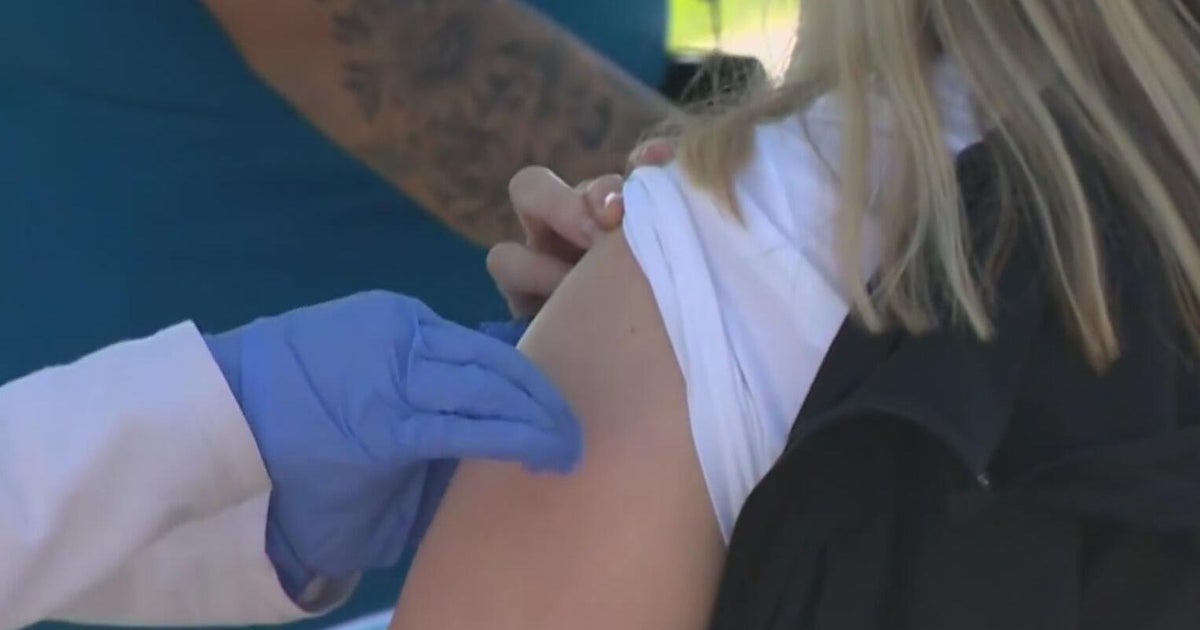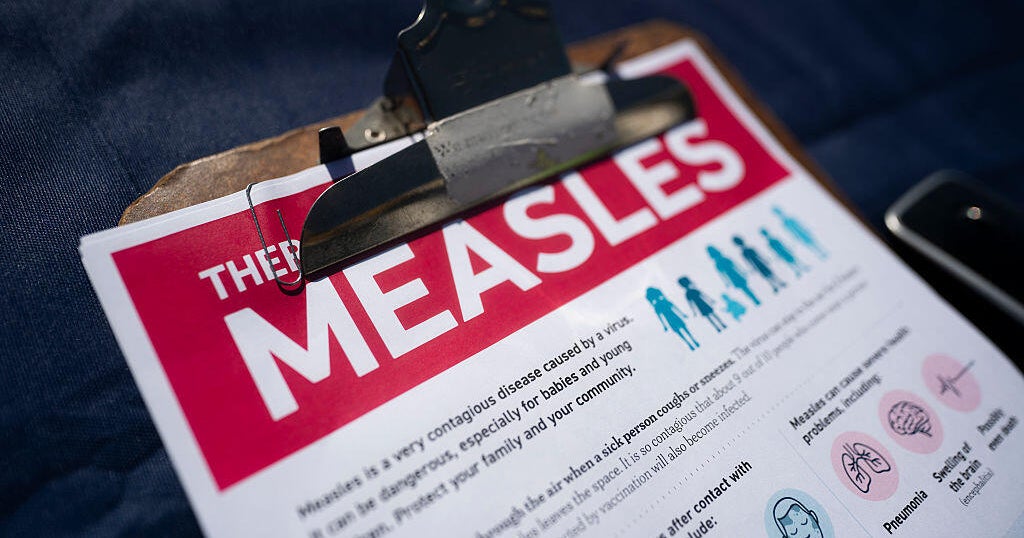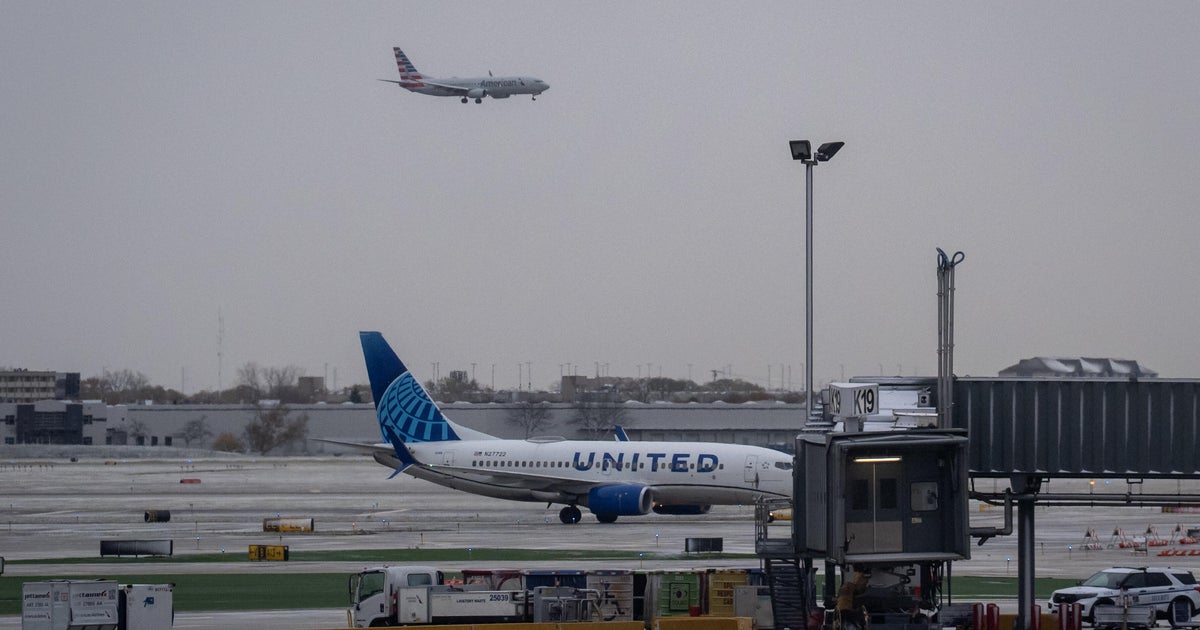Vaccines Are Less Protective Against Delta Infection But Still Reduce Risk By Two-thirds, CDC Study Shows
(CNN) -- Vaccine effectiveness against Covid-19 infection dropped from 91% to 66% once the Delta variant accounted for the majority of circulating virus, according to a study published Tuesday by the US Centers for Disease Control and Prevention.
The authors of the latest paper said that, although the data shows a "moderate reduction" in the effectiveness of vaccines against infection with the Delta variant, "the sustained two-thirds reduction in infection risk underscores the continued importance and benefits of COVID-19 vaccination."
The study is in line with others from the US and around the world showing Delta's increased tendency to cause largely minor infections among fully vaccinated people. Still, the effectiveness of vaccines against severe disease -- including hospitalization and death -- has remained high against all known variants.
The current study does not cover disease severity, however. Instead, the new paper is the latest chapter in an ongoing study that has been following "health care personnel, first responders, and other essential and frontline workers" who receive weekly PCR tests in eight locations across six US states. The vast majority are vaccinated.
The study's reliance on regular, weekly testing makes it possible to capture a more complete picture of Covid-19 infections in a group, since people with mild or no symptoms may be less likely to get tested overall. In the official vaccine trials, efficacy was calculated against symptomatic Covid-19 -- not all infections.
Still, the authors warn there is some uncertainty in these estimates, in part because they found relatively few infections in the first place. During the months when Delta was predominant, researchers found 19 infections among 488 unvaccinated people, and 24 infections among 2,352 fully vaccinated people.
While waning immunity may also contribute to some degree of reduced protection, the current study was unable to show this to a significant degree.
"Notably, this analysis did not show difference over time, which suggests [vaccine] effectiveness is also decreased against Delta, independent of when you were vaccinated," CDC Director Dr. Rochelle Walensky said last week, previewing some of the study's early findings while making the case for booster shots down the line.
Separate research suggests that even if a fully vaccinated person gets infected with the virus, they may be less likely to spread it. About 51.5% of the population is fully vaccinated, according to data from the CDC.
Fauci predicts Covid could be 'under control' by spring
Dr. Anthony Fauci urged the public to get vaccinated and said if the "overwhelming majority" of the population does so the US could have the pandemic "under control" by spring of 2022.
"We hope we'll be there ... but there's no guarantee because it's up to us," Fauci, director of the National Institute of Allergy and Infectious Diseases and the President's chief medical adviser, told CNN's Anderson Cooper Monday.
It isn't yet clear to health experts what proportion of the population needs to be vaccinated to reach a level of protection that could sustain a return to normalcy, like safely going to restaurants and theaters, Fauci said. So the best way forward is to vaccinate as many people as possible, he said.
On Monday, the US Food and Drug Administration granted full approval to the Pfizer/BioNTech Covid-19 vaccine for people 16 and older, a move that Fauci said could convince a significant portion of hesitant Americans to get vaccinated.
Still, Fauci's spring 2022 timeline is daunting politically for President Joe Biden, who already declared partial victory over the virus on July 4. In addition, CNN chief medical correspondent Dr. Sanjay Gupta questioned the definition of what it means to "control" a virus that looks to be here for the long haul.
"This is one of those situations where I think defining what it means to be in control of the pandemic is really important," Gupta said Tuesday.
"If we have more people vaccinated, it's likely we will decouple hospitalizations from cases, and maybe that will be a definition of control. (If) people aren't getting that sick anymore, ending up in the hospital, the virus starts to slowly not have places to circulate, that will be a definition of control. I think we're going to see waves of this for some time," he added.
However defined, Covid-19 is certainly not under control now. Hospitals in many states with lower vaccination rates are overwhelmed by a surge in patients, students are returning to the classroom only to have to isolate due to exposure and cases among children are on the rise.
The FDA's full approval of the Pfizer vaccine could encourage wait-and-see holdouts to get the shots.
"I do think that the approval the FDA announced yesterday for the Pfizer vaccine is a milestone in our vaccination efforts and it reaffirms what we have been seeing for months," US Surgeon General Dr. Vivek Murthy told CNN. "Which is that the vaccines are highly effective, they've a very strong safety profile and they're what we need to get through this pandemic."
There are still nearly 80 million people eligible to be vaccinated who have not done so.
"I do think there will be a modest increase, but, look, we have a long way to go to fill this gap," said Dr. Peter Hotez, vaccinologist and dean of the National School of Tropical Medicine at Baylor College of Medicine. "I think having the full approval will certainly convince some, but it's just one of a dozen fake talking points put out there by the disinformation campaign. And, I think a number of people are just going to revert to one of the other ones."
The thing that may really motivate people to get those life-saving vaccines, Hotez said, is if the authorization paves the way for employers, businesses and schools to mandate vaccinations.
Governors and schools mandating vaccines
Already, some government bodies and schools are calling for mandatory vaccinations.
New York City Mayor Bill de Blasio mandated the vaccine for all Department of Education employees, including teachers, on Monday. In addition, then-New York Gov. Andrew Cuomo released a statement Monday, before he left office, calling for all New York state employers to require Covid-19 vaccination.
The state already requires all eligible government and health care employees to be vaccinated.
New Jersey Gov. Phil Murphy also announced a vaccine mandate Monday. All state employees, which includes pre-k through 12 schools and public universities, are required to be fully vaccinated by October 18 or be subject to regular testing, Murphy said.
Many colleges and universities across the country have announced requirements for students in the new school year to be vaccinated, and on Monday the University of Minnesota joined the list, university President Joan Gable and Jakub Tolar, dean of the Medical School, announced in a letter to students, faculty and staff.
Faculty and staff will be "expected" to attest to their vaccination status starting Tuesday, the letter said.
The American Medical Association urged the public and private sectors to mandate the vaccine as well on Tuesday.
"The only way to regain the upper hand in this fight is requiring vaccinations—specifically vaccine mandates," Dr. Gerald Harmon, president of the AMA, said in a statement. "The simple fact is unless a significant percentage of our population is vaccinated against COVID-19 — we could be stuck fighting this virus for many more months or years to come. Now is the time for the public and private sectors to come together, listen to the science, and mandate vaccination."
The-CNN-Wire
™ & © 2021 Cable News Network, Inc., a WarnerMedia Company. All rights reserved.
